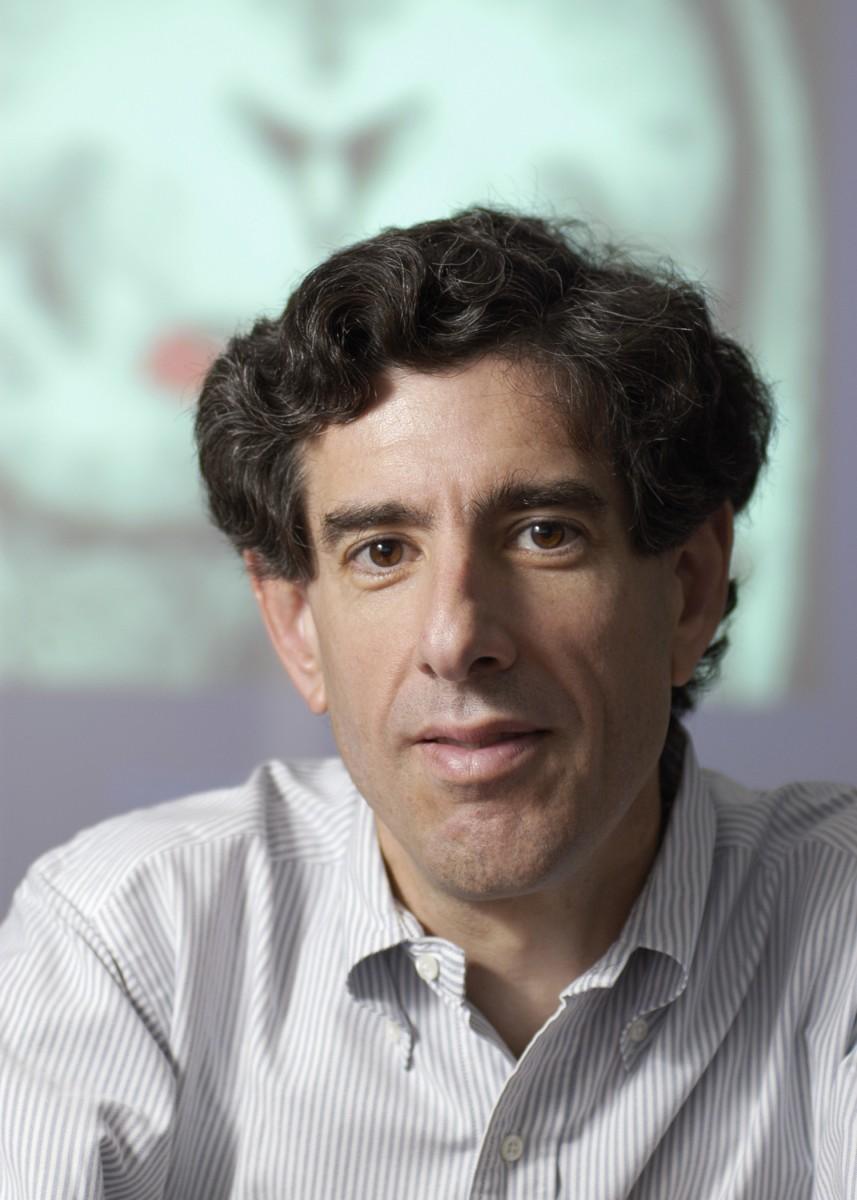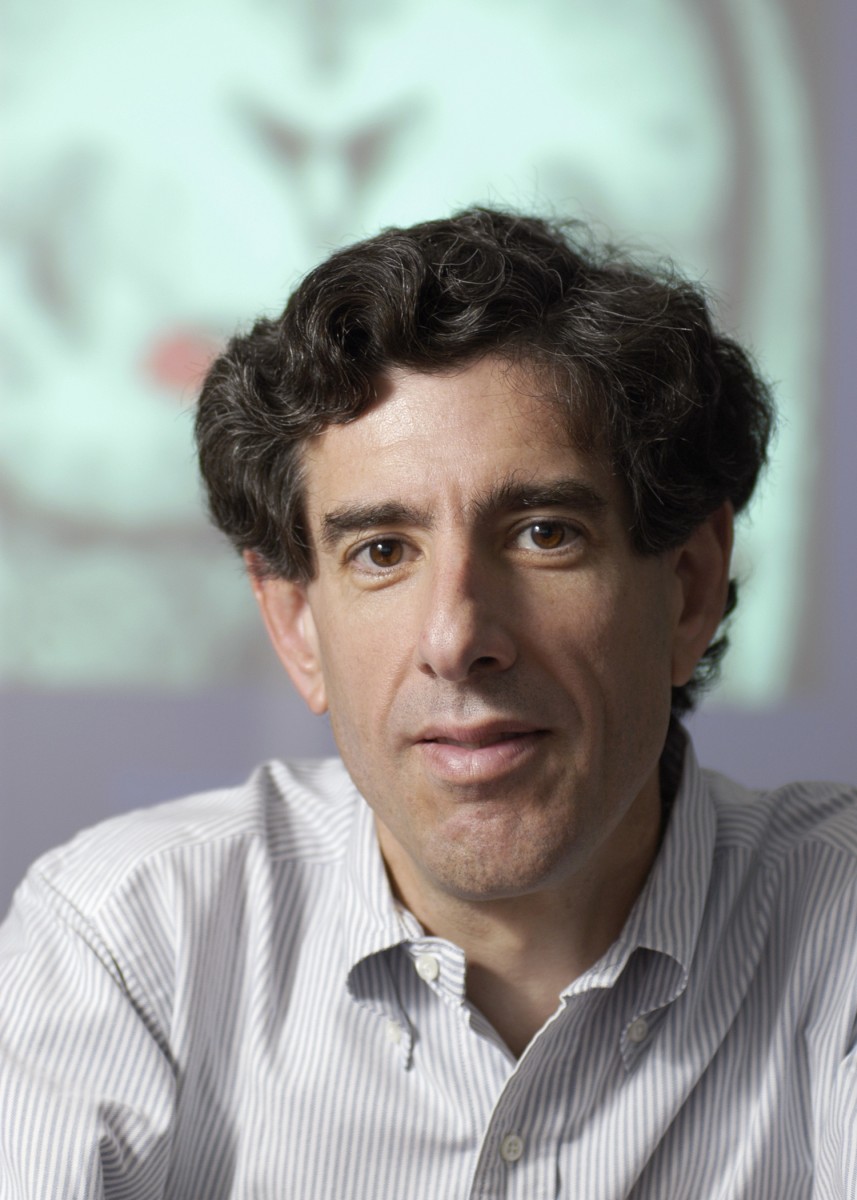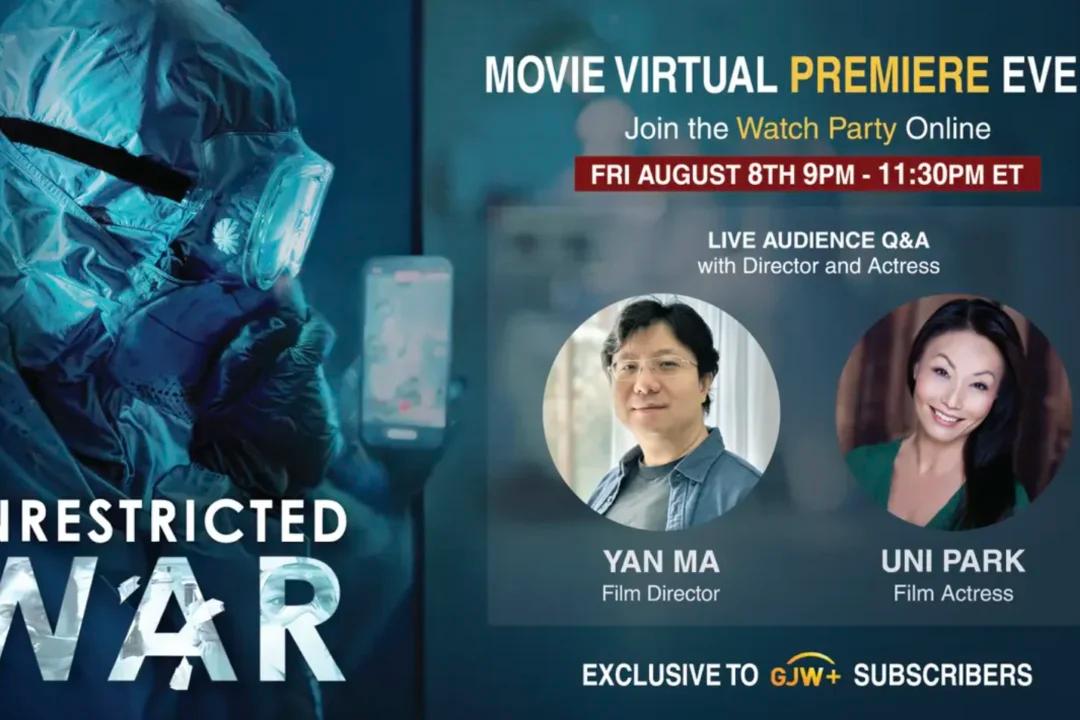Screen time is more commonplace than ever in children’s lives, and there is a desperate need for kind, yet compelling, virtual games, according to neuroscience researchers, educators, game developers, and those who cheered for Dr. Richard Davidson’s comments at a meeting in Washington, D.C.
Davidson is a research professor of psychology and psychiatry, director of both the Waisman Laboratory for Brain Imaging and Behavior and the Laboratory for Affective Neuroscience, founder of the Center for Investigating Healthy Minds in the Waisman Center at the University of Wisconsin–Madison, and author of “The Emotional Life of Your Brain.”
Three years ago, he was at a meeting that focused on educating world citizens for the 21st century.
The meeting “was really about contemplative practice in education and how we can bring secular methods for training the mind and enhancing equanimity, compassion, and kindness,” said Davidson to The Epoch Times. Those in attendance were discussing how they could transmit those methods into the educational mainstream.
Davidson was on stage when he spontaneously made a comment: “I said that it was a challenge to game manufactures to develop games to cultivate compassion and kindness rather than games that promote aggression and violence.”







